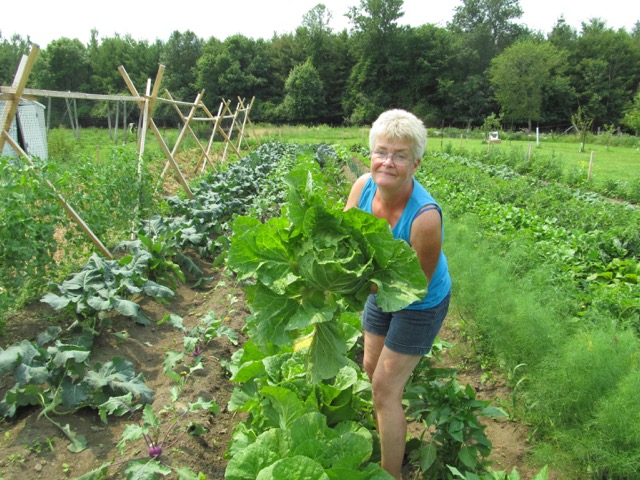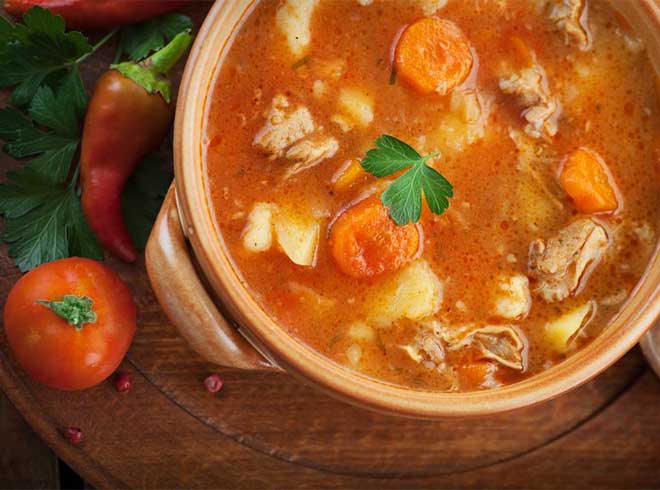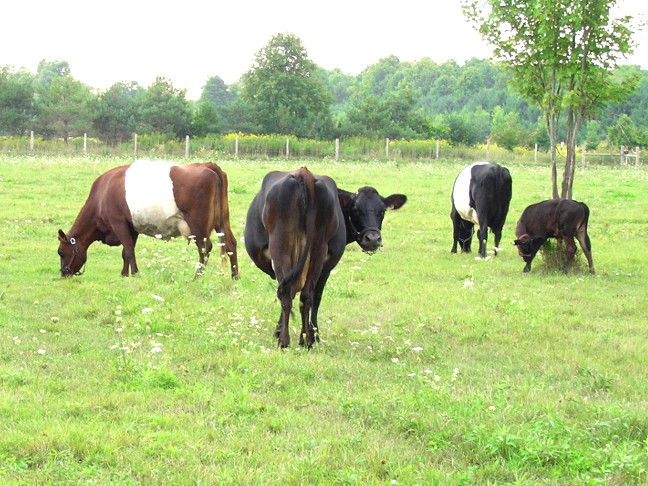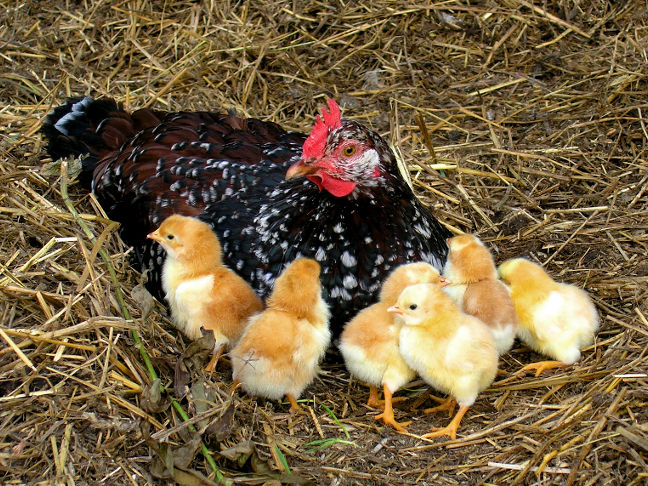Join the Homestead Diet movement to revive the tradition of
LOCAL, SEASONAL, ORGANIC, HOME PREPARED, GRASS FED, ETHICAL food.
Subscribe to receive updates on our latest articles, healthy and hearty recipes and news from our homestead.
What Is The Homestead Diet?
The main goal of the Homestead diet is to revive the principles of our ancestor’s traditional diet, which has existed for hundreds of generations before the industrialization of farming took over in the middle of the last century. It’s hard to believe that less than one hundred years ago all the farm produce was organic, all milk and meat was grass fed, and almost all the food was local, seasonal and prepared at home. No junk food, no highly processed food, no GMO’s, no chemicals, and no fresh tomatoes in February, just pickled and sundried. What our ancestors ate back then was sustainable, seasonal and simple.

Why Seasonal
Being one of Nature's creations, we are both physically and psychologically affected by her cyclic changes. Ancient medicinal traditions have always considered the human body in relation to the weather elements and have emphasized the importance of balancing the effect by seasonal adjustment of diet. By following the wisdom of our ancestors we can learn to live in harmony with Nature's cycles.

Why Organic
Buying organically grown foods is the only way to avoid the cocktail of chemical poisons that are present in commercially grown food. Genetically engineered crops, which made their way into most of the processed foods in North America, have the highest contamination. There is no mandatory labeling for GMO foods in US and Canada. The only way to be GMO-free and chemicals free is to choose organic.

Why Local
Being a feast for our taste buds, local fruits and vegetables (fresh, frozen or preserved) contain several times more nutrients and vitamins than imported ones. While our hunger for exotic produce is destroying far away ecosystems and increasing our carbon foot print, the nutritional value of it is close to zero. Eating locally is truly the most sensible way to stay healthy and to be environmentally ethical.

Why Home Prepared
Cooking our food made us humans. It played a major role in evolving our intelligence, creativity, our lifestyle and our life guidance - tradition. When we settled down and learned to farm and to cook several thousands years ago, we physiologically evolved to eat local, seasonal, home prepared whole foods. We had all been on this diet for centuries up until recently. Today the world is changing fast, and so is our food. Modern industrial food processing technologies are filling our bodies with foreign to us substances. Highly processed sugars, carbohydrates, hydrogenated oils, trans fats and tons of weird chemicals are making their way into our diet through fast food, packaged food and bottled drinks. However, our physiology cannot keep up with the pace. Maybe, one day we will be able to digest all of those substances without damage to our health, but it will not happen overnight. For now, let's go back to cooking.

Why Grass Fed
It turned out that the animal products from modern confinement dairies and CAFOs (concentrated animal feeding operations) are not exactly the same as the pastured, grass fed milk and meat our ancestors had in their diet. Not only it is true that industrially produced products have considerably less vitamins and nutrients, but also the balance of essential amino acids is too heavy on the side of inflammatory Omega 6, and too low on beneficial Omega 3. This is a huge problem of the so called "Western Diet", which has been linked to all major health problems. While in 2015 World Health Organization confirmed red meat to be a probable carcinogen, the recently discovered CLA, found only in fat of milk and meat of grass fed animals is considered to be the most potent cancer fighting substance known today. If you are not convinced yet, that grass fed meat and milk is that superior, try it. Your taste buds will confirm it.

Why Ethical
First of all, what animal products may be considered ethical? To us, it is milk, meat, poultry and eggs, produced on a small scale farm which values regenerative, sustainable farming practices and humane animal husbandry, where each animal is treated with care and respect and not deprived of basic rights for food, water, shelter, bedding and the ability to exercise it's natural behaviour. There is no any evidence of ethical meat, milk, poultry and eggs being superior health wise to other products on a market. But, we think, for many it has one valuable benefit - peace of mind. Interestingly, the most unhealthy animal products are sourced from the most inhumane ways of farming - CAFOs (concentrated animal feeding operations) and confinement dairies. These intensive industrial farming practices pose a real threat not only to our health, but to the health of our planet. Isn't it as if the Nature herself is teaching us humanity?
